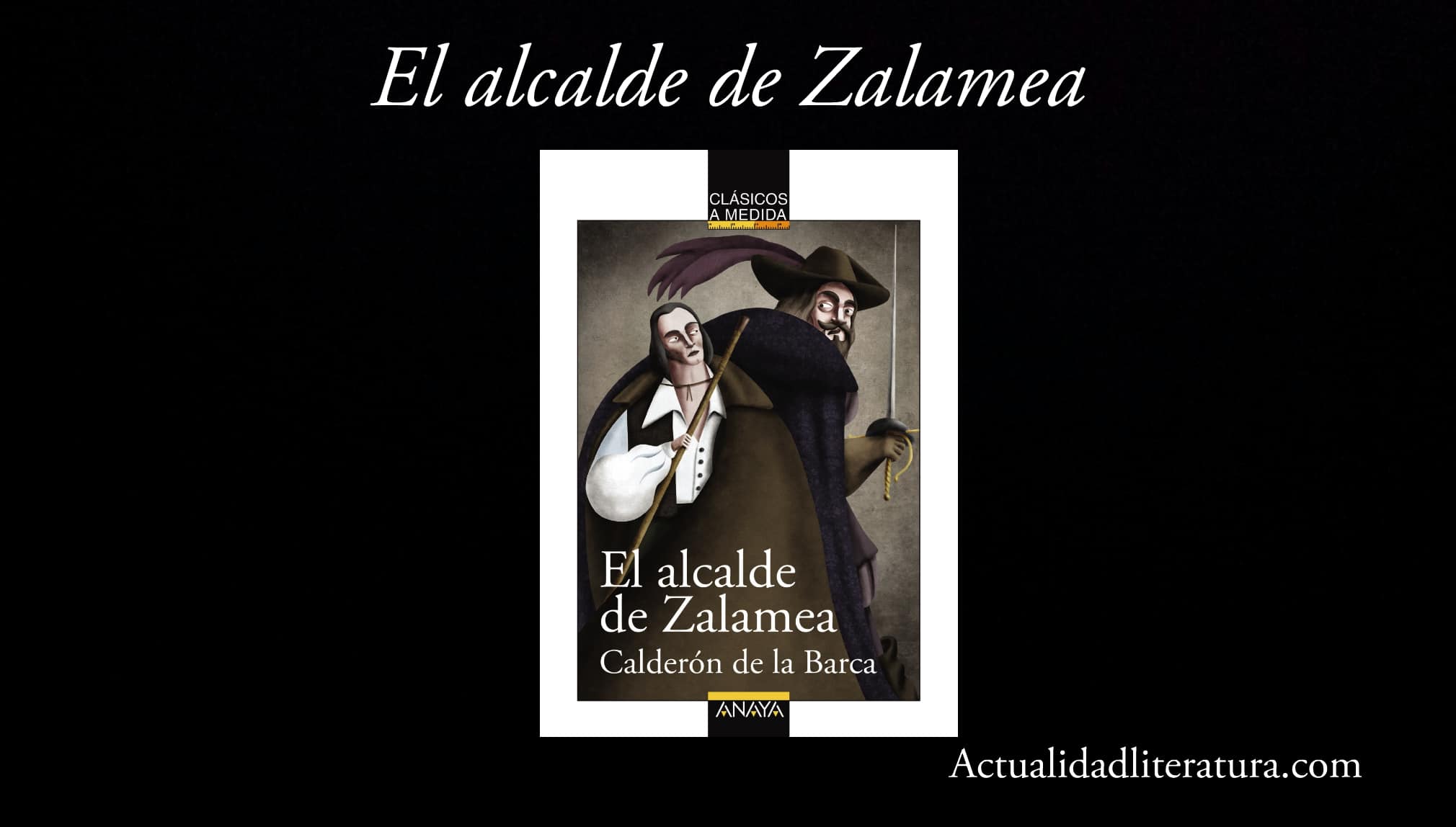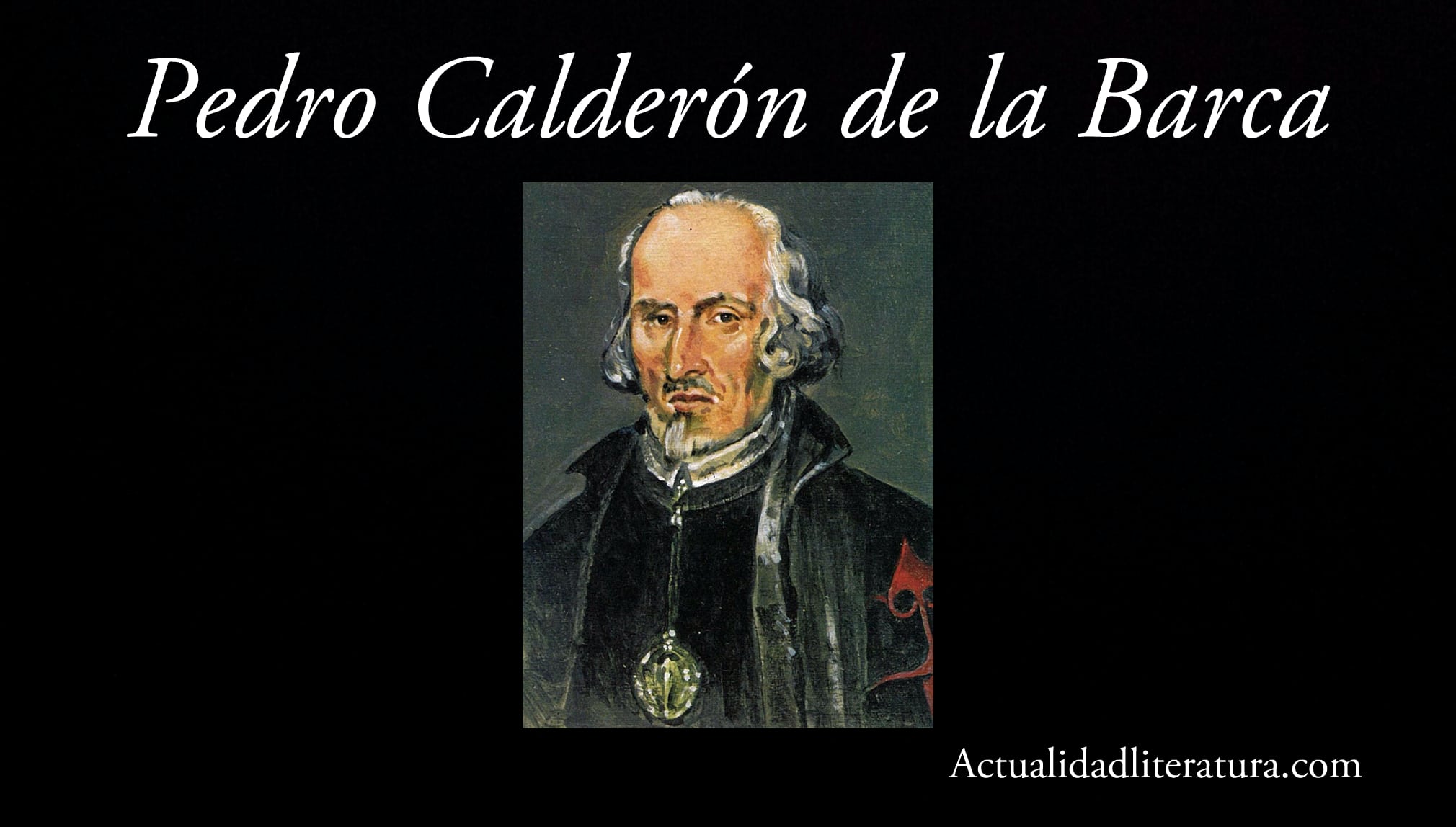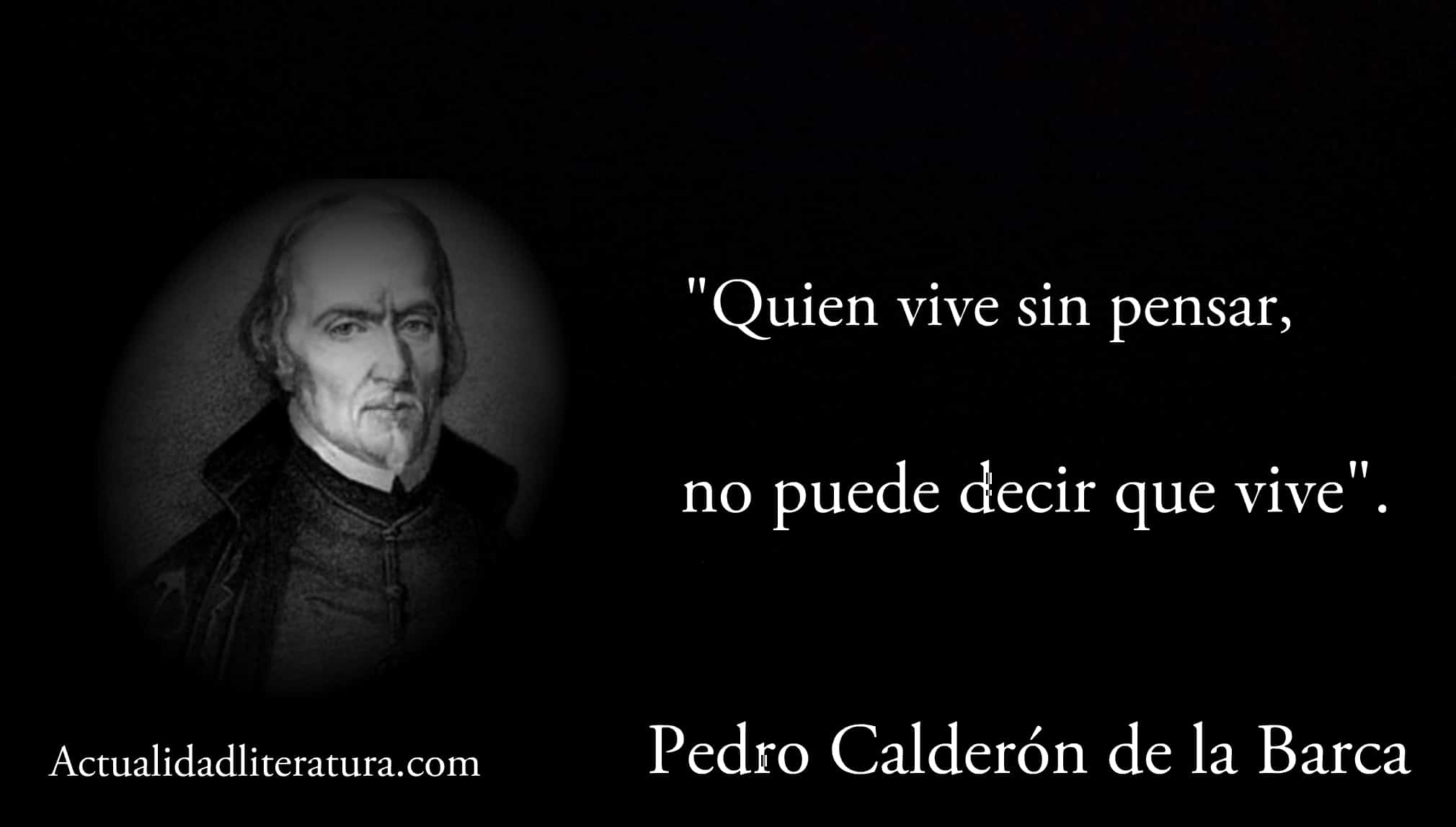
The mayor of Zalamea.
The mayor of Zalamea is, along with The life is dream, the most emblematic creation of Pedro Calderon de la Barca. The Spanish playwright is one of the greatest representatives of literary baroqueism, whose work belongs to the so-called Golden Age. Accepted by historians as the moment of maximum splendor of literature in the Spanish language.
This grace period spanned much more than a century. It began towards the last decade of the XNUMXth century, coinciding with the arrival of Columbus to American territories. Precisely the death of this author - which occurred in 1861 - marked the end of the era.. Between these two dates the world met classics of the stature of Don Quixote of Miguel de Cervantes.
About the Author
According to the writer himself shortly before he died, there were about 110 theatrical pieces that he wrote during his life. In addition to dramas and comedies - "subgenres" to which it belongs The mayor of Zalamea- The list includes sacramental cars, as well as short theater pieces (dances, hors d'oeuvres, jácaras and mojigangas).
The mayor of Zalamea, A "remake"?
You can buy the book here: No products found.
Of course, by the year this piece was written (1635, approximately) the word "remake" was a long way from being established. Much less in Spain. But In practical terms, this is exactly what happened with The mayor of Zalamea.
Calderon de la Barca It starts from a very common argument for the time and offers its own version. He even goes further: he takes a play by the same name by Lope de Vega, refines the verses, skips some inconsequential scenes and adds a definitive epic closure.
The argument, with the witness story
The work takes place within a real context, therefore, various historical characters participate in the plot. Characters involved in individual story lines, that is, with particular events that are part of "sub-plots". Which, were widely known by the audiences of the first assemblies during the seventeenth century.
The turning points within the story
Year 1580. King Felipe II of Spain, —a very prudent character, according to the opinion of his subjects— goes to Portugal to be crowned as monarch of that nation. The death of Sebastián I (1578) and that of his successor, Enrique I (1580), left this country plunged into a succession crisis. Before the election of the successor by the Portuguese courts, the Spanish sovereign claimed the throne.
Precisely in the middle of his transfer to Lisbon to be crowned, his troops made a stop at Zalamea. A town in Extremadura, very close to the border line. There, Captain Don Álvaro de Ataide receives accommodation in the house of Pedro Crespo, the richest villain in the place. Important clarification: "villain" for being a man from a village, not because it is a malevolent character.
First turning point
The military man falls in love with Isabel, the daughter of the owner of the house where she is staying and declares her love for him. Yet she rejects him. Faced with the refusal, Don Álvaro kidnaps the maiden and outrages her (These types of episodes were very common at this time. Consequently, Felipe II himself issued a decree that prohibited members of his army from abusing women, under threat of being shot).

Pedro Calderón de la Barca.
Crespo, upon learning what happened, begs the captain to marry his daughter. This is not just to clear Isabel's name; in reality, the rich farmer wishes to restore his own honor. Amid the pleas, he offers to transfer all his assets - quite large - who would become his son-in-law. But the offer is rejected with disdain, since Don Álvaro is a military man belonging to the nobility.
New inflection
Don Álvaro considers it a small thing to become the lord of a peasant's property. What's more, he maintains an identical opinion in relation to the maiden outraged by himself. But shortly after Crespo is appointed Mayor of Zalamea. Protecting himself in his new position, he decides to take justice into his own hand; orders the immediate arrest of the captain and his execution.
The final solution
A civil mayor does not have jurisprudence within the military environment. Consequently, Castro's provisions are, in theory, illegal. The mayor's insistence on enforcing his own verdict, generates a conflict with the leadership of the royal army that puts the integrity of the city at risk. But when everything seems lost, Felipe II makes an appearance and takes action on the matter.
The monarch, although he affirms that Castro was wrong in the forms, agrees with him. He ratifies the sentence before handed down, Don Álvaro de Ataide is executed with clubs. Not surprisingly, one of the alternative titles of this work is precisely The most well given club.
Victim and culprit
Despite the conviction received by the rapist, the young Isabel also receives a punishment. She is sent to spend the rest of her life confined in a convent. The underlying reason for the decision is the father (who received the title of perpetual mayor from the king). Only then can he see his own honor and that of his family restored.
The speech between the lines

Quote by Pedro Calderon de la Barca.
The Mayor of Zalamea achieved something apparently impossible for the playwrights at the time: to leave the nobles happy and content, like the peasants. Estates fiercely opposed in Spain since before the Middle Ages. Similarly, the most renowned artists and intellectuals of the time did not shy away from this issue.
In fiction - just like in real life - aristocrats were almost always victorious. Many of the men of letters belonged to this privileged social class. At the same time, the outsiders were very interested in keeping these "gentlemen" happy.
The honor
Guided by your own ego, the protagonist of the story has only one ultimate goal: to restore his honor. Her abused daughter is not an offense to her; the real victim is the father. A situation endorsed by the Spanish nobility, however from the Renaissance. A longing pursued by a country man (rich, but a peasant, after all) like Pedro Castro.
In any case, Calderon de la Barca was able to please widely with The mayor of Zalamea "Moors and Christians." In this sense, it is very likely that these "subtleties" within his speech have not been noticed until a long time later.
An antimilitarist work?
There are those who cross out The mayor of Zalamea as an anti-military speech. However, near the end of the story the narrator is in charge of debunking this idea. Castro's eldest son - a consummate homeless man with no purpose in life - is drafted into the royal army. The father, far from regretting it, celebrates this action.
Castro believes that precisely the military institution will allow its offspring to know the virtues of life. Also, before wasting time, it is better to serve your king. Although it is not entirely clear, it is whether the author affirms this out of conviction or is it another cleverly disguised irony in the middle of the dialogues of his main character.